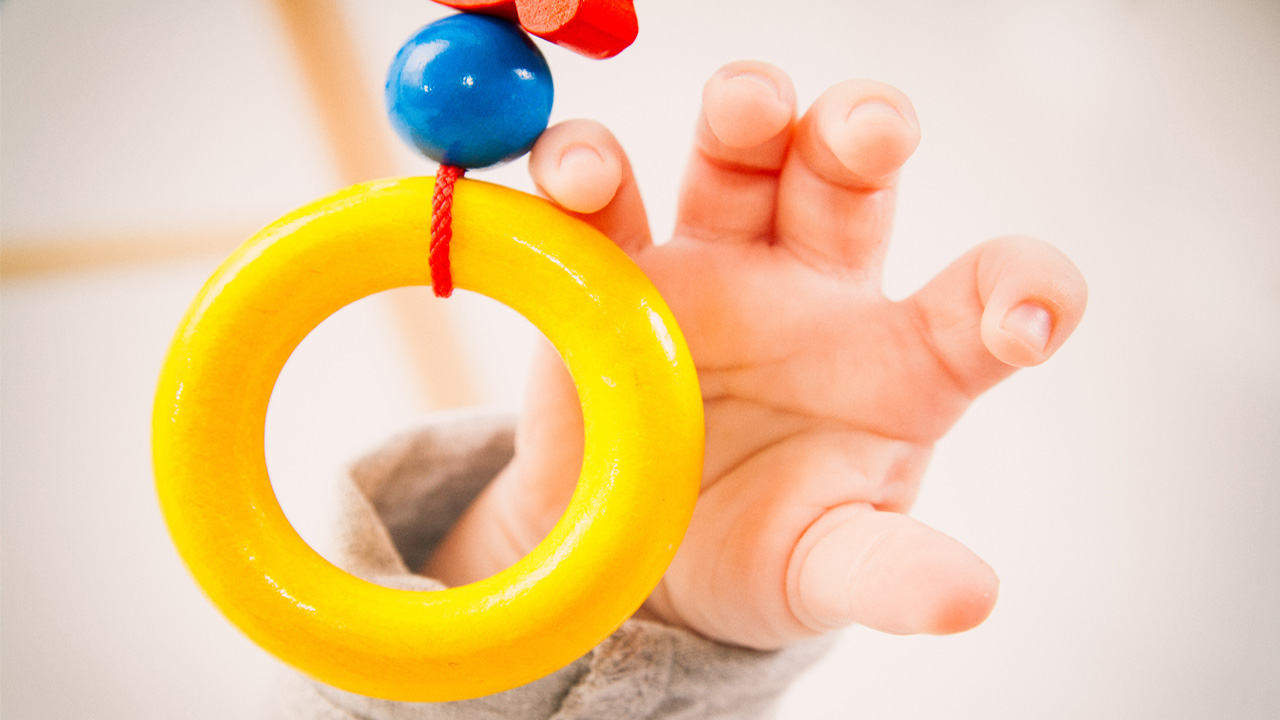Early childhood is a crucial time for cognitive development, and fostering critical thinking skills from a young age can set the stage for a lifetime of learning. Problem-solving toys play a vital role in nurturing these skills by engaging children’s minds in fun and interactive ways. In this blog post, we’ll explore the top 14 problem-solving toys for 3-year-olds that can help nurture their early critical thinking abilities.
01. Puzzles: Unveiling the Power of Pieces
Puzzles are timeless favorites when it comes to engaging young minds. Simple wooden or cardboard jigsaw puzzles with large, colorful pieces not only enhance fine motor skills but also promote spatial awareness and logical thinking. As kids match pieces together, they learn to analyze shapes and patterns, strengthening their problem-solving skills.
02. Building Blocks: From Stacking to Problem-Solving
Building blocks come in various shapes and sizes, offering endless opportunities for creativity and critical thinking. By experimenting with stacking, balancing, and constructing, children grasp concepts of stability and structure. As they envision and bring their creations to life, they develop problem-solving skills organically.
03. Shape Sorters: Learning Shapes, Solving Puzzles
Shape sorters are fantastic tools for teaching kids about shapes and patterns. As they figure out which shapes fit through corresponding holes, children engage in problem-solving through trial and error. This process encourages logical thinking as they deduce which shape belongs where, strengthening their cognitive abilities.
Also Read: Top 10 Interactive Toys for 3-Year-Olds
04. Magnetic Tiles: Building with Attraction
Magnetic tiles add an element of fascination to problem-solving. As kids connect tiles with magnetic edges, they learn about cause and effect while constructing imaginative structures. These toys inspire critical thinking as children explore the forces of attraction and repulsion, leading to innovative designs.
05. Pattern Blocks and Boards: Exploring Patterns and Geometry
Pattern blocks and boards combine creativity with critical thinking. Children replicate designs using various shapes, honing their pattern recognition skills. This activity lays the foundation for understanding geometry concepts and encourages kids to think critically as they fit different shapes together.
06. Lacing Cards: Fine Motor Skills and Patience
Lacing cards are excellent for refining fine motor skills and patience, which are essential for problem-solving. As kids thread strings through holes to create pictures, they enhance hand-eye coordination and sequential thinking. This activity requires planning and attention to detail, fostering early critical thinking abilities.
Simple mazes and marble runs introduce young minds to challenges that require planning and strategy. As children guide objects through intricate pathways, they learn to anticipate outcomes and adjust their approach accordingly. This activity nurtures problem-solving skills by encouraging kids to think ahead and make informed decisions.
08. Logic Games: Planting Seeds of Reasoning
Age-appropriate logic games introduce children to fundamental reasoning skills. These games involve actions and reactions, promoting an understanding of cause and effect. Through hands-on experiences, kids learn to solve puzzles, make connections, and think critically to achieve desired outcomes.
09. Stacking Toys: Balancing Act of Learning
Stacking toys, such as cups and rings, introduce children to concepts of balance, size, and order. As they experiment with stacking objects in different ways, they develop problem-solving skills by understanding how various elements interact and influence stability.
10. Domino Sets: Chain Reactions and Strategy
Domino sets teach kids about chain reactions and basic physics concepts. As they set up and topple dominoes, children witness the cause-and-effect relationship firsthand. This activity encourages them to strategize and plan, fostering critical thinking and imaginative play.
11. Memory Games: Exercising Memory and Concentration
Memory games involve matching pairs of cards, challenging children’s memory and concentration. As they flip cards to find matches, kids enhance cognitive abilities such as pattern recognition and retention. This activity encourages them to think critically while engaging in a playful memory exercise.
12. Problem-Solving Board Games: Learning Through Play
Board games designed for young children often incorporate problem-solving elements. These games introduce decision-making, turn-taking, and rule-following, promoting cognitive development in an interactive and enjoyable way. They encourage critical thinking while enhancing social skills.
13. Color and Pattern Recognition Games: Building Observational Skills
Games that involve identifying colors, shapes, and patterns nurture critical thinking through observation. By recognizing and categorizing different elements, children develop their ability to analyze and compare, honing their early critical thinking skills.
14. Counting and Sorting Games: Early Math and Logical Thinking
Toys that involve counting, sorting, and categorizing items introduce basic mathematical concepts. These activities require children to think logically as they group and arrange objects based on specific criteria, nurturing their problem-solving abilities.
Also Read: 6 Perfect Gift Ideas For 3-Year-Olds
Conclusion
Nurturing early critical thinking skills is a foundation for lifelong learning and success. The top 14 problem-solving toys discussed in this blog post offer engaging ways for 3-year-olds to explore spatial awareness, logical thinking, creativity, and more. By providing these toys, parents and caregivers can create an environment that encourages children to learn through play, setting them on a path of cognitive growth and development.

